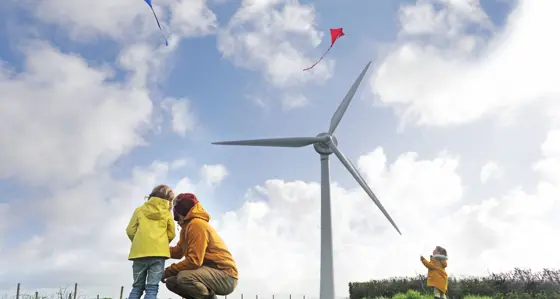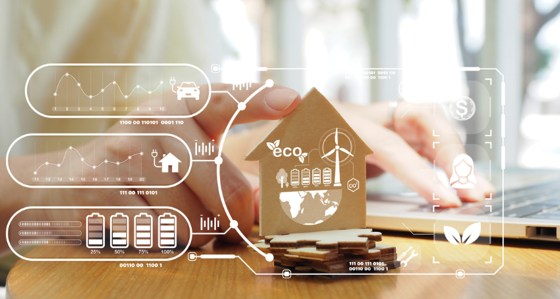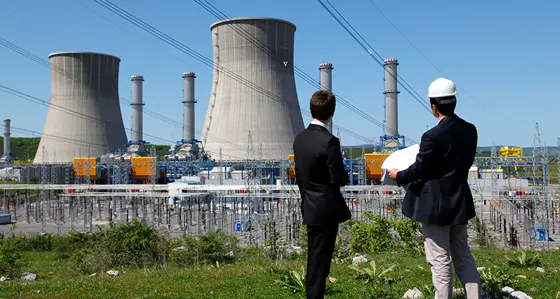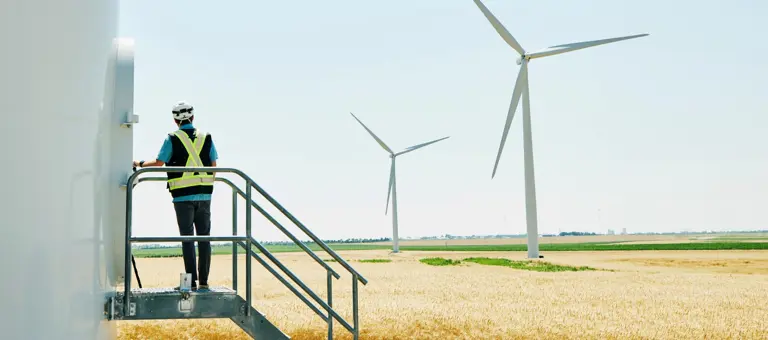In this study, Baringa has sought to bring its landmark 2018 70 by 30 study into 2021, by accounting for significant market and policy developments in Northern Ireland, and to determine the necessary steps to achieve a zero-carbon power sector.
Key findings - what have we learned?
- Increasing the renewable electricity generation (RES-E) in Northern Ireland from around 45% today to a target of greater than 80% is very achievable by 2030, using the same approach required to achieve a less ambitious 70% target, and implementing more of existing and proven technologies.
- The SONI TESNI 2020 Accelerated Ambition scenario renewable capacity targets should be adopted for 2030; 2.5 GW of onshore wind, 500 MW of offshore wind and 1.2 GW of solar PV.
- This target can be achieved at a lower cost to the end consumer in Northern Ireland, compared to delivery of a less ambitious 70% RES-E target.
- A zero-carbon power system is possible, and is an achievable target in the early 2030s.
- Realising this target requires incremental investment in a suite of technologies new to Northern Ireland, and the implementation of a carbon price floor in the I-SEM.
Watch Mark Turner present the findings of this study at a Wind Energy Ireland webinar here.
In our Endgame report, we explored the benefits unlocked to end consumers of reaching an equivalent 80% renewable electricity by 2030 in Ireland. Read more on the results of our study here.
For more information on the contents of the report or how Baringa can help your organisation, please contact the report authors Mark Turner and Alec Granville-Willett.
Related Insights

The role of the state in the GB energy market
What is the state’s role in the GB energy sector and how could it be extended to support decarbonisation objectives?
Read more
Data-driven decarbonisation: how analytics and AI are supporting the energy transition
Data and AI are key to enabling mass-market decarbonisation. From standardisation to sharing, everyone has a role in ensuring their approach delivers industry-wide benefits alongside individual competitive advantages.
Read more
Delivery options for new nuclear power in Sweden
Read our study on financing and delivery models for new nuclear power, carried out for the Confederation of Swedish Enterprise providing key recommendations.
Read more
The benefits of cleantech homes: healthier living, lower bills
Read this report written by Baringa on behalf of Octopus Energy and the members of King Charles’s Sustainable Markets Initiative (SMI) Cleantech Homes Lighthouse Project, which involves leading UK businesses committed to the net-zero transition.
Read more